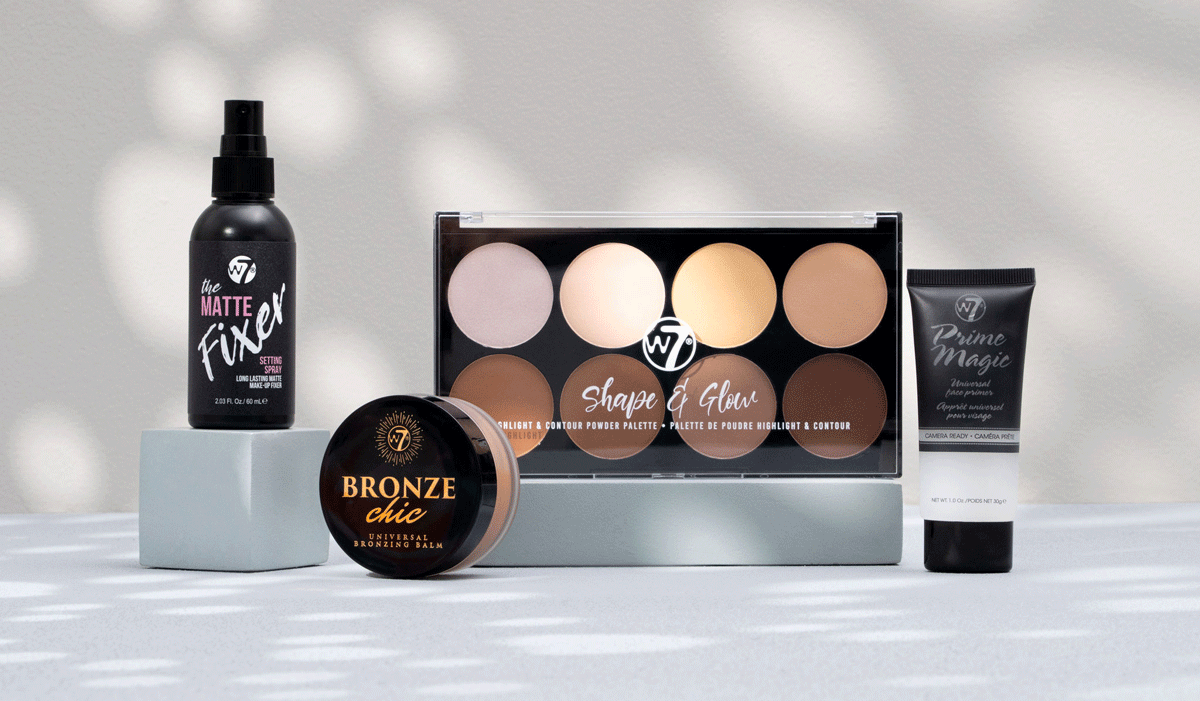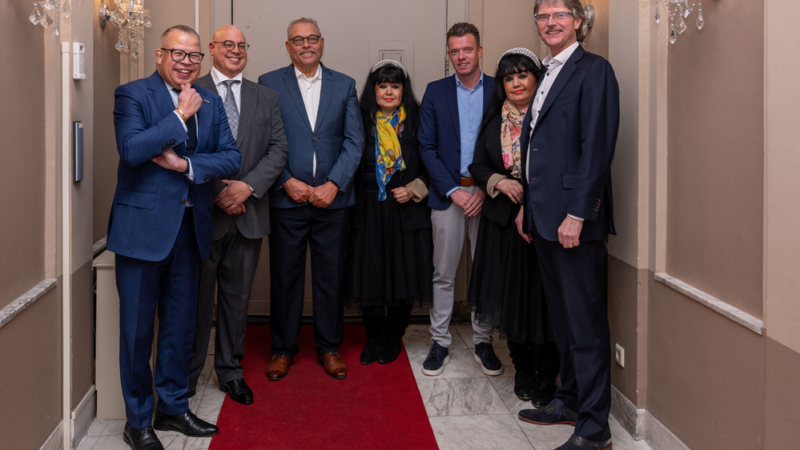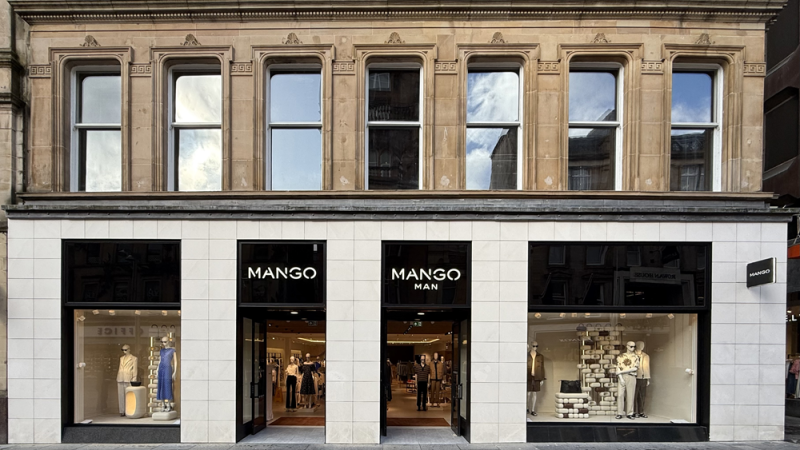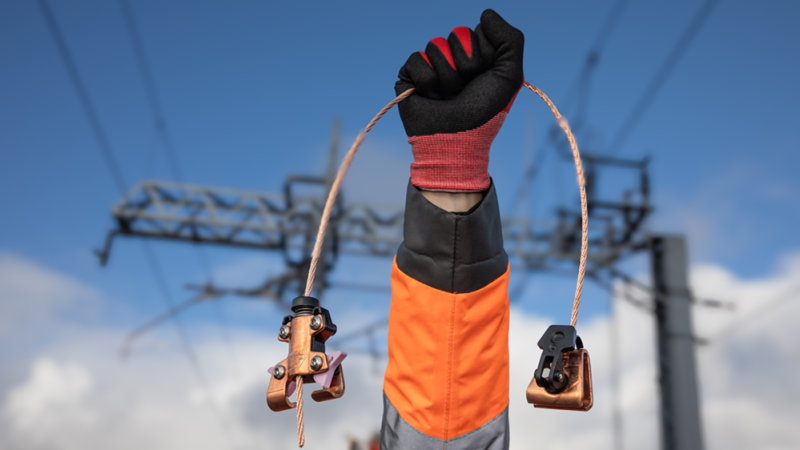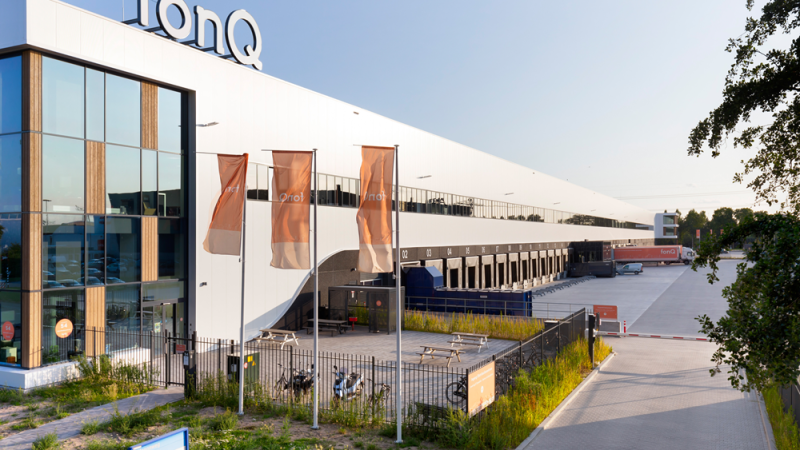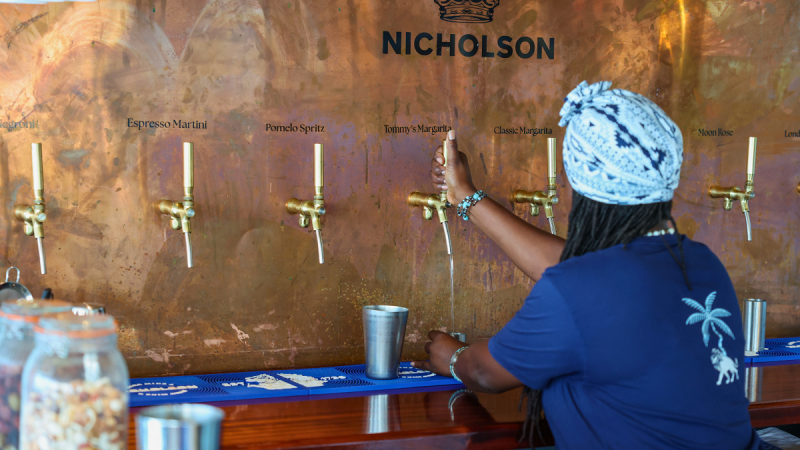It is two years since we last spoke with Warpaint London, the company behind high-quality, on-trend cosmetic brands such as its lead brand W7, along with its Technic, Body Collection, Chit Chat and Man Stuff brands.
From the beginning, the company’s mission has been to disrupt the market by entering major retailers with quality products in colourful, attractive packaging that differentiates on price.
“Our products sell themselves,” said CEO Sam Bazini when we spoke with him last time. “Both with their disruptive nature and affordable price. If you look at our range in Tesco next to other brands, the packaging stands out. It does not follow one theme.”
When we talk to Sam Bazini again now, it is clear that he has been busy since we last talked. In 2023 the company enjoyed a record year, acquiring major new customers and seeing impressive financial results. Last year Warpaint Cosmetics achieved £89.6 million in revenues, up 40% on its 2022 figure of £64.1 million. In 2023, the company generated a 39.9% gross margin, up from 36.4% in 2022. The company increased its profit before tax to £18.1 million, up 135% from the £7.7 million it made the previous year.
“And we’ve managed to remain debt-free despite the growth, leaving money in the business and over £9 million in cash in the bank, and increased our dividend payment” Bazini tells us.
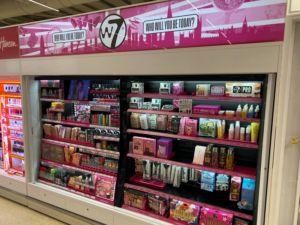 Flying Off the Shelves
Flying Off the Shelves
These figures also include a 121% uptick in e-commerce activity in 2023 over 2022, producing revenues of £6.2 million profitably, painting a very strong picture for the cosmetics firm. However, Bazini is most excited about the major in-roads Warpaint has been making into big retailers. The company’s brands have seen rollouts across the US, as well as 450 stores with a Dutch retail chain, and perhaps most notably at home; Superdrug.
“Getting to Superdrug was strategically very important for us,” Bazini says. “Alongside further rollouts into the likes of CVS and Five Below in the US, it has shown the brands are working. This year we have also seen further expansion into Boots. We were in 80 stores last year, this year we are in a further 100 stores. Whenever we are putting our brand onto shelves at these large retailers, we are finding the brand is selling and resonating with the customers.”
On top of this progress, Warpaint is going to bring its Technic brand to over 200 Morrisons supermarkets later this year, while in the States its W7 and ChitChat brands are going to be appearing on the shelves of retail giant Walmart.
That growth is impressive on its own terms, but what makes Warpaint London continue to stand out as a business is that it is achieving this growth, attracting new customers and consumers, without sacrificing its profit margin or strong financials. It is all thanks to the careful management of the brand and good old-fashioned cost discipline.
“We are an affordable budget brand. We rely on the disruptiveness and price of our products to sell that brand,” Bazini observes. “We first rolled out this strategy a few years ago, and we have stuck with it.”
Getting onto the Shelves
What is clear is that thanks to distinctive packaging and a competitive price, Warpaint’s brands will sell once they are on the shelves. Getting those products onto the shelves – that is the challenge.
“The biggest obstacle with these large retailers is getting into the first one,” Bazini says. “Once you get into the first one and get the sales, which means you have got the data, the lessons learned and the information you need to open other doors.”
The challenging part is that being a “disruptive brand”, often means “a brand consumers haven’t heard of yet”. Warpaint is not a company that spends 30% of its revenue on marketing – Bazini tells us the number is more like 3%, still a sizeable amount of money, but not much compared to what the biggest brands are spending, although it has built up twenty years of brand equity.
“We will not tell retailers ‘Stock our product and we will spend millions on advertising to drive traffic your way’,” Bazini points out. “So instead we say, ‘Give us a trial in your stores.’ We are confident in the price and disruptiveness of our products – it is different, eye-catching, it sells itself.”
Bazini argues that while this approach means that Warpaint’s brands tend to be a slower burn in attracting retailers and extending their roll-out, it is also sustainable.
“We cannot afford to spend a lot on marketing in the hope we can claw that back later,” he insists. “We have looked at other brands that try that approach, and it is hard to row back once that is part of your business model.”
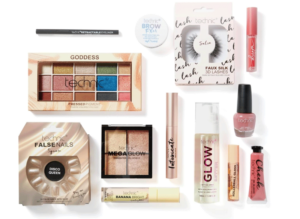 Keeping the Shelves Stocked
Keeping the Shelves Stocked
Just because Warpaint does not have a big advertising spend does not mean it is not investing back in the business.
Aside from making the case for Warpaint’s brands to retailers, there are also challenges in physically getting its products onto the shelves. Covid and other factors have exposed vulnerabilities in supply chains the world over, and that has meant businesses need to reassess their entire approach to moving products.
“The just-in-time model is broken,” Bazini says simply. “Anyone who looks will see that we hold a lot of inventory, which means we can deliver 99% of what our customers order all of the time. We can see nothing better to do with our cash than investing in stock. It gives us our best return out of any spending.”
It has put Warpaint in a strong position for the future.
“We are still debt-free and still have cash in the bank!” Bazini is happy to share. “We remain in our infancy when it comes to getting products onto the shelves of big retailers. If you look at Boots, for example, they have 2,000 stores. Our products are in 180 of those stores. In Superdrug, we are in a total of 120 stores. They have got 800. Plus, there are other channels here, in the US and Europe that we are still in talks with, and many of our customers are growing their store count as well.”
Bazini sees there is a long way to go, but he is patient.
“The business continues to see double-digit growth ahead, and will generate cash and pay dividends, with no debts,” he tells us. “That’s the way we intend to stay.”
